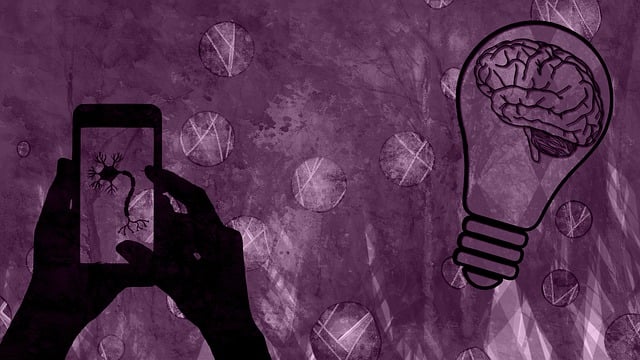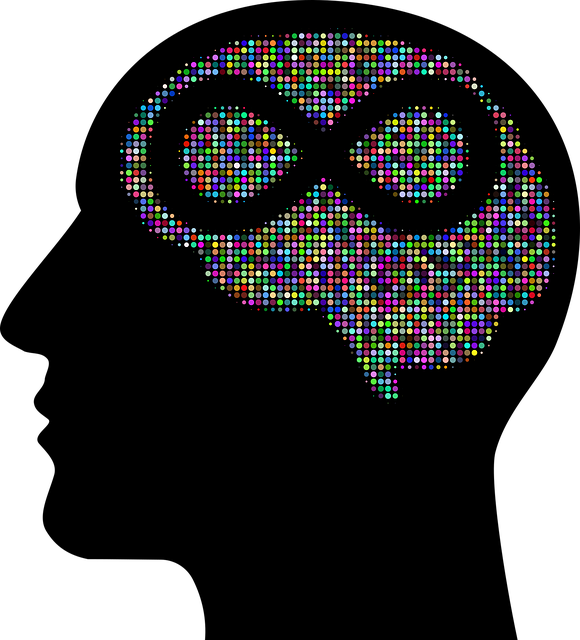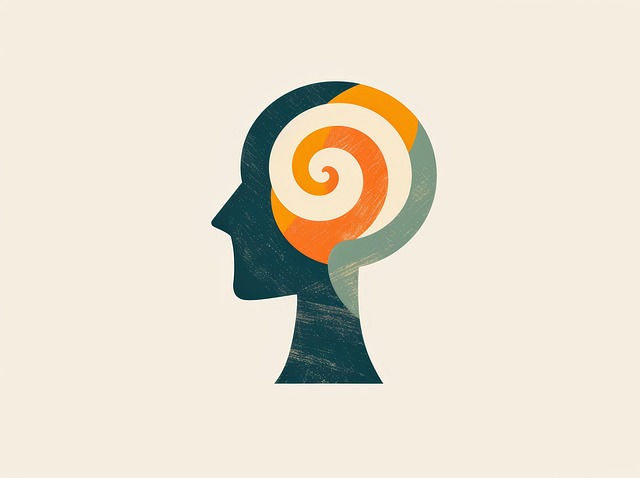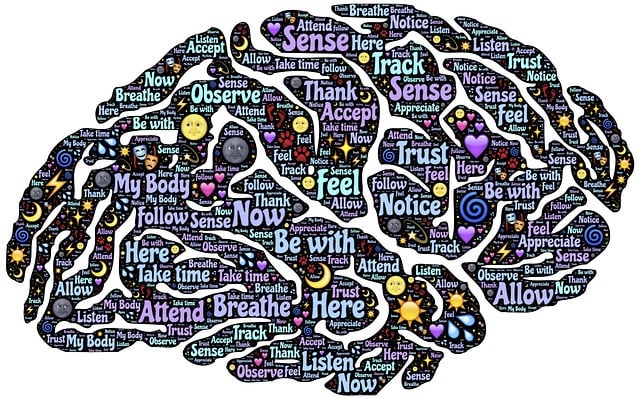Mental illness diagnosis in young adults with neuro disorders is complicated by overlapping symptoms. Advanced therapies like CBT, mindfulness, and empathy-building strategies, along with personalized treatment plans, enhance accuracy and improve outcomes. Community outreach and continuous professional education further support effective therapy for Young Adults with Neuro Disorders, empowering individuals to manage their mental health.
Mental illness diagnosis accuracy has been a long-standing challenge, impacting treatment effectiveness. This article delves into strategies aimed at enhancing precision, focusing on advanced therapies tailored for young adults with neuro disorders. We explore comprehensive assessment methods and personalized treatment plans as key drivers of improvement. Additionally, the role of continuous education in empowering healthcare professionals to deliver more effective care is highlighted. By integrating these efforts, we strive to revolutionize mental health support for young adults, ensuring better outcomes through targeted interventions like therapy for young adults with neuro disorders.
- Understanding the Current Challenges in Mental Illness Diagnosis
- The Role of Advanced Therapies for Young Adults with Neuro Disorders
- Integrating Comprehensive Assessments and Personalized Treatment Plans
- Continuous Education and Support for Healthcare Professionals
Understanding the Current Challenges in Mental Illness Diagnosis

Mental illness diagnosis is a complex process, often marred by challenges that impact accuracy and timeliness. One significant hurdle is the vast spectrum of symptoms associated with various mental health conditions, which can be subtle or manifest differently in each individual. This complexity necessitates a comprehensive evaluation involving multiple methods, including clinical interviews, psychological assessments, and sometimes advanced neuroimaging techniques. Despite these tools, misdiagnosis remains a concern, especially when dealing with young adults who may present unique challenges related to their developmental stage.
The emergence of neurodisorders as a significant mental health concern further complicates the diagnosis process. Conditions like anxiety, depression, and even more severe disorders such as schizophrenia or bipolar disorder can have overlapping symptoms, making differentiation difficult. Additionally, the impact of social and environmental factors on mental well-being cannot be overlooked. Incorporating practices that enhance emotional intelligence and encourage self-care routine development for better mental health is essential in supporting accurate diagnosis and effective therapy for young adults navigating these challenges. Mindfulness meditation has emerged as a valuable tool in this context, offering a way to manage symptoms and improve overall resilience.
The Role of Advanced Therapies for Young Adults with Neuro Disorders

The diagnosis and treatment of mental illness in young adults with neuro disorders have seen significant advancements thanks to advanced therapies tailored to their unique needs. These innovative approaches, designed specifically for this demographic, go beyond traditional methods by incorporating techniques like cognitive-behavioral therapy (CBT), mindfulness practices, and empathy building strategies. CBT equips young adults with tools to identify and challenge negative thought patterns, while mindfulness strengthens emotional regulation skills.
Furthermore, these advanced therapies emphasize the power of mind over matter principles. By fostering self-awareness and teaching coping mechanisms, they empower individuals to actively manage their mental health. The focus on empathy building strategies within these therapeutic frameworks creates a supportive environment, encouraging young adults to openly discuss their experiences and connect with others facing similar challenges. This holistic approach not only enhances diagnosis accuracy but also promotes improved long-term outcomes.
Integrating Comprehensive Assessments and Personalized Treatment Plans

In efforts to enhance mental illness diagnosis accuracy, integrating comprehensive assessments and personalized treatment plans is a significant strategy. This approach recognizes that each individual’s mental health journey is unique, influenced by complex factors such as neuro disorders and personal experiences. By employing thorough initial evaluations, healthcare professionals can uncover underlying conditions that might be overlooked through conventional means. These comprehensive assessments involve a multi-faceted examination of an individual’s psychological, social, and environmental aspects, ensuring no stone is left unturned in identifying the root causes of their mental health struggles.
Personalized treatment plans tailored to these unique needs are pivotal in effective management. Therapy for young adults often incorporates approaches like cognitive-behavioral therapy (CBT), mindfulness practices, and burnout prevention strategies to address specific challenges. Moreover, community outreach program implementation and stress management workshops can empower individuals with tools to navigate their mental health effectively. This holistic integration of assessment and treatment not only improves diagnosis accuracy but also paves the way for more successful recovery outcomes.
Continuous Education and Support for Healthcare Professionals

Mental health professionals play a vital role in accurately diagnosing and treating mental illnesses. Continuous education and support are essential to keep up with the latest research and best practices, especially considering the rise of neurodiversity discussions and the unique challenges faced by young adults with neuro disorders. By investing in ongoing training, healthcare providers can enhance their skills in recognizing subtle symptoms and distinguishing between similar conditions, leading to more precise diagnoses.
Regular workshops, webinars, and peer-led groups offer valuable opportunities for learning and sharing knowledge. These platforms allow professionals to discuss complex cases, explore innovative therapy techniques such as conflict resolution methods and emotional well-being promotion strategies, and learn burnout prevention strategies to maintain their own resilience. Such continuous education contributes to a more comprehensive understanding of mental health, ultimately benefiting patients, especially those navigating the complexities of neuro disorders in their young adult years.
In addressing the challenges of mental illness diagnosis, a multi-faceted approach is crucial. Integrating advanced therapies for young adults with neuro disorders, comprehensive assessments, personalized treatment plans, and continuous education for healthcare professionals empowers more accurate diagnoses and effective care. By fostering a holistic understanding of mental health and embracing innovative practices, we can ensure improved outcomes for those navigating neuro disorders.














